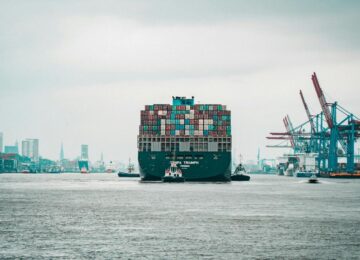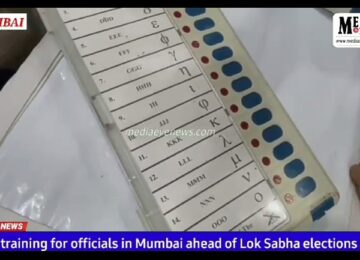Sasi Nair
Mumbai, April 26
Commuting is always a challenging task, and more so when it involves driving on busy roads during peak hours, managing traffic, errant drivers and of course your own patience levels. Still it is a very important part and parcel of your life which cannot be avoided always.
Delhi was the first to realize that situation on road may go out of control over the years with the influx in population and it began taking up metro rail construction seriously in the late 1990s. Over the next two decades it built up a robust metro rail system to provide an alternative mode of transport for the general public.
Many other cities in India began experimenting with the Delhi success story and started constructing their own metro rail systems. Bengaluru was one of the earlier cities to jump into the fray and began its mass rapid transit project.
The ‘Namma Metro’ which serves the city already has the Nagasandra and Yelachenahalli and Baiyyappanahalli and Mysore Road functioning. Work is progress for extending the Nagasandra-Yelachenahalli line upto Madavara besides some other lines which are expected to be completed in phases.
To further encourage the efforts of the state government in building the metro rail projects, the Union Cabinet, chaired by Prime Minister Narendra Modi has approved the Bangalore Metro Rail Project Phase 2A (Central Silk Board Junction to K.R. Puram) and Phase 2B (K.R. Puram to Airport via Hebbal Junction) of total length 58.19 kilometres.
As per the press release published by Press Information Bureau the total cost of the project would come to Rs. 14,788.101 crores and implementation of the project will provide the much-needed additional public transport infrastructure to Bengaluru.
The project will streamline the urban transportation system in Bengaluru, which is stressed due to intensive developments, increase in the number of private vehicles and heavy construction in the city putting stress on travel infrastructure and industrial activities and to provide the people a safe, secure, reliable and comfortable public transport.
The metro project in itself is an innovation over the conventional system of urban transport. The project involves integration with other urban transport system in an efficient and effective manner which is possible only by adopting innovative methods of designing, technology and institutional management, as per the press release.




























